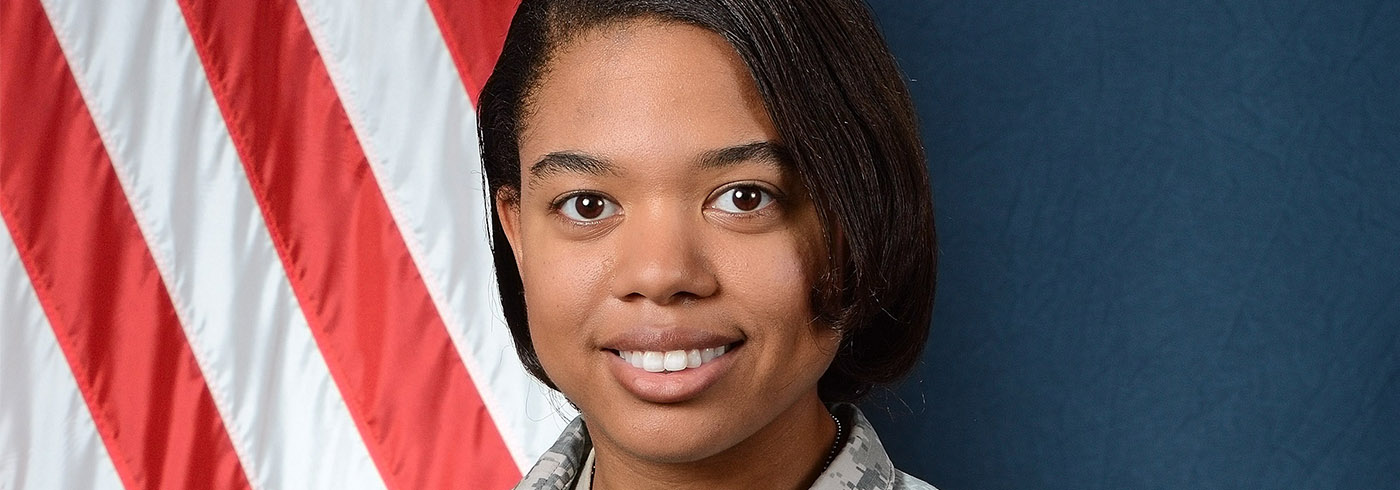Multiplying in the Military
Military chaplain Alison Ward brings the message of Christ to those who serve our country
Influence: What are your main responsibilities serving as a military chaplain?
Alison Ward: My primary role is to see to the religious support of the soldiers, families and authorized civilians within my unit. This is accomplished by ensuring that the First Amendment rights of all soldiers to believe (or not believe) are observed within the Army. Chaplains do so by both performing and providing religious support. Performance involves conducting religious services, rites and ministry according to one’s beliefs and ordaining body. Provision involves orchestrating religious support for those of a different faith group.
How are you uniquely positioned to lead others to Christ?
Since freedom of religion for all is staunchly maintained, open proselytizing is not conducted in the military. On a different note, when performing religious rites (i.e., leading a service, a Bible study, etc.) or when a soldier comes to me for religious counsel, those in attendance are there willingly. I have both the freedom and flexibility to present all aspects of the gospel. God has blessed in these arenas. There have been many soldiers, leaders and family members whom I have been able to lead to the Lord during my five years as an Army chaplain.
As a chaplain, I look for opportunities to present Christ and the power of His radical, redeeming love.
In your role, you are interacting with a great amount of diversity (specifically religious diversity). What advice do you have for church leaders who are learning how to work with a diverse group of people?
We are experiencing the earth groaning as it awaits the Lord’s return (Romans 8:22). During this time, ministers must work within a pluralistic environment. This requires great wisdom in engaging the postmodern world. For me, I look to the leadership and ministry model of the apostle Paul found in Acts 17. In this passage, Paul is ministering in Athens, an intellectual, cosmopolitan city. Paul is distressed by what he sees, but his approach is not to belittle or disparage the Athenians’ beliefs. He makes himself available and speaks in their square until he is invited to speak in the Areopagus. In this venue, he compliments their religious nature (v. 22). Paul then discusses their own literature to reach them and find a springboard from which to launch the presentation of the gospel — the altar to the unknown god. As a chaplain, I look for opportunities to present Christ and the power of His radical, redeeming love. I encourage fellow church leaders to look for similar openings to present Christ and to maintain a seat at the table in our social marketplace.
What advice would you give to someone interested in pursuing a career in chaplaincy?
If you believe God is calling you to military chaplaincy, my first advice is to pray. This is a unique, rewarding ministry, but you must ensure that the calling is evident and that you are hearing His voice. Gather as much information on the ministry and mission as you can. Consult chaplain recruiters. Talk to fellow chaplains. Learn what this glorious muddy-boots ministry will entail. If you have family, talk to them as this will involve them as well. Afterwards, go forward in God and enjoy the adventure!
Alison Ward calls Texas home, but currently resides in Georgia. She and her older sister are both Army chaplains. This article originally appeared in the October/November issue of Influence. For more print content, subscribe.
Influence Magazine & The Healthy Church Network
© 2025 Assemblies of God

